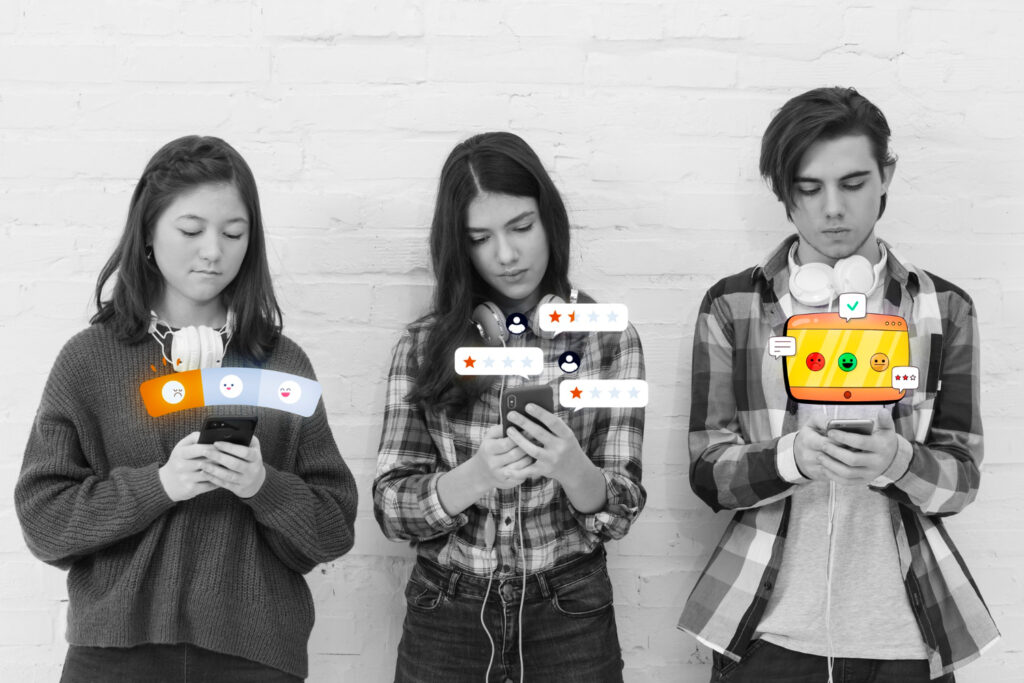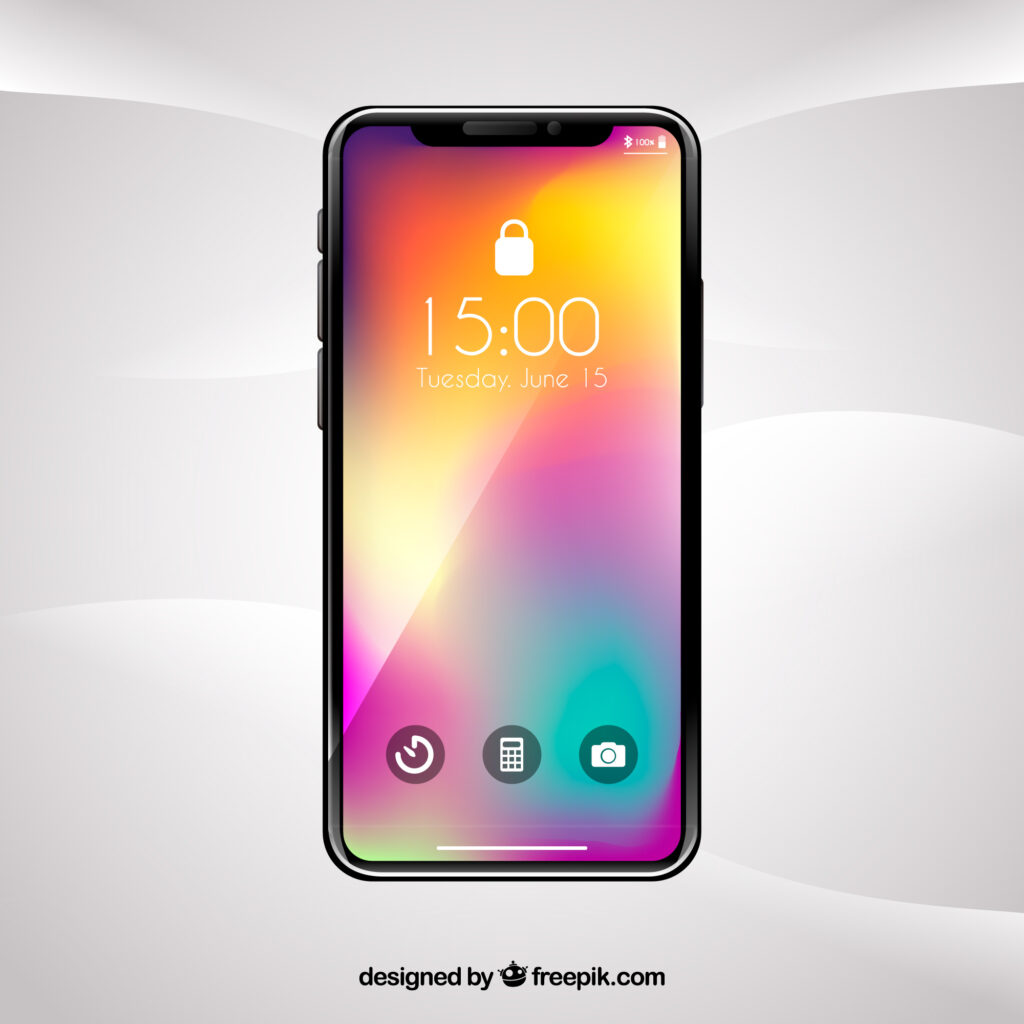In today’s digital world, trends spread fast. One keyword that has caught attention is influncersgonewild. People search for it out of curiosity, entertainment, and interest in the world of social media personalities. The phrase is linked to online culture, influencer behavior, and the way audiences view their favorite creators. This article explains what influncersgonewild means, how it became popular, and why it continues to spark conversations across the internet.
The Rise of Influncersgonewild
The internet has always been a place where phrases, memes, and cultural references rise overnight. Influncersgonewild is one of those terms that grew quickly. At first, it surfaced in online communities where followers wanted a closer look into the lives of digital creators. With influencer marketing booming, audiences developed a strong curiosity about how influencers behave both on and off social platforms.
The rise of influencer-driven content on Instagram, TikTok, and YouTube made the keyword even more relevant. Users searching for influncersgonewild were often looking for moments when influencers acted outside the polished, filtered version of themselves. The appeal comes from raw, unfiltered behavior that differs from the carefully curated image influencers usually present.
This growth also connects to how digital culture thrives on transparency and behind-the-scenes access. The keyword stands as an example of how quickly online language evolves and how easily communities form around a shared search interest.
What Influncersgonewild Represents?
At its core, influncersgonewild represents the human side of online personalities. Influencers often present polished content—edited videos, perfect photos, and carefully crafted captions. Yet audiences know that influencers are real people who make mistakes, have emotions, and live unfiltered lives.
The keyword taps into that curiosity. It is not about professional campaigns or brand deals, but rather about authentic or sometimes controversial behavior. For many, influncersgonewild means glimpses of influencers acting unexpectedly, whether humorous, surprising, or even problematic.
In this sense, the phrase is less about one specific platform or community and more about a cultural shorthand. It symbolizes a shift from the perfect influencer image toward the messy, unpredictable reality of being human in a public space.
Why Influncersgonewild Gains So Much Buzz?
There are several reasons why influncersgonewild continues to trend in searches and online conversations. The biggest factor is curiosity. Audiences are drawn to authenticity, and the phrase hints at content that feels real and unscripted.
Entertainment is another reason. Online culture thrives on viral clips, shocking moments, and unexpected behavior. Followers often share these highlights, fueling even more attention around the keyword.
Another layer comes from influencer culture itself. As influencers grow into celebrities, the public treats them the way it has always treated stars: with fascination about their mistakes, private lives, and behind-the-scenes moments. The keyword reflects that shift, showing that audiences want more than polished campaigns—they want raw access.
Finally, the social element plays a role. When users talk about influncersgonewild, they are not just consuming content, they are also engaging in community discussions. The shared buzz builds momentum and keeps the phrase active across platforms.
The Impact on Influencers and Online Audiences
The keyword influncersgonewild carries different meanings for influencers and audiences. For influencers, it can be both positive and negative. On one hand, going “viral” through unfiltered or surprising content can increase visibility. A single moment can lead to new followers, more engagement, and greater influence.
On the other hand, the exposure is risky. If the content is controversial or damaging, it can hurt an influencer’s reputation. Audiences can be quick to judge, and once a moment is linked to influncersgonewild, it may stay part of their online identity for a long time.
For audiences, the impact is more about perception. Followers who search for the keyword may start viewing influencers less as polished role models and more as flawed humans. This shift can strengthen the bond between influencer and fan by adding relatability, but it can also create distrust if the behavior is seen as inappropriate.
The keyword, therefore, highlights a bigger question in digital culture: how much authenticity do audiences really want, and where is the line between entertainment and accountability?
Social Media Platforms and Influncersgonewild
The popularity of influncersgonewild is directly linked to social media platforms. Each platform plays a role in shaping how the keyword spreads and what it represents.
On Instagram, the focus is often on polished photos. When influencers behave in unexpected ways, it creates a sharp contrast with their usual image. TikTok, on the other hand, thrives on spontaneous, short-form videos. This makes it the perfect environment for unfiltered moments to go viral. YouTube brings long-form storytelling, where entire episodes of influencer behavior can unfold.
Platforms like Reddit and Twitter also fuel conversations, acting as hubs where users share clips, discuss incidents, and push the keyword into trending topics. The constant cycle of sharing and reacting ensures that influncersgonewild never stays limited to one corner of the internet.
This cross-platform spread shows how digital ecosystems work together to amplify cultural keywords. Once a phrase gains traction, it flows through multiple platforms, picking up new meanings along the way.
Controversies and Discussions Around Influncersgonewild
With popularity comes debate. The keyword influncersgonewild is not free from controversy. Critics argue that it encourages audiences to focus on the mistakes or scandals of influencers rather than their creativity or positive contributions. This focus can harm influencers, especially when small missteps are blown out of proportion.
There is also the question of privacy. Influencers share parts of their lives online, but they may not intend for every unfiltered moment to go viral. The keyword raises ethical debates about consent, respect, and the balance between public interest and personal boundaries.
At the same time, some defend the phrase as part of internet culture. For them, influncersgonewild is simply a reflection of reality—that influencers, like everyone else, are not perfect. Supporters argue that these moments make influencers more relatable and human.
The discussions show that the keyword is more than entertainment. It also opens space for conversations about responsibility, digital ethics, and the evolving relationship between creators and their audiences.
Conclusion
The term influncersgonewild is more than just a trending keyword. It represents the curiosity, entertainment, and cultural debates surrounding modern influencer life. It shows how audiences crave authenticity and how platforms amplify every unfiltered moment. For influencers, it is both an opportunity and a risk, shaping reputations in real time. For audiences, it is a reminder that even digital celebrities live imperfect, human lives.
As long as influencer culture continues to grow, influncersgonewild will remain part of the online conversation. It is a phrase that captures the messy, unpredictable, and very human side of life on the internet.
FAQs
1. What does influncersgonewild mean?
It refers to moments when influencers act in ways that are unfiltered, surprising, or different from their usual polished image.
2. Why do people search for influncersgonewild?
Most searches come from curiosity, entertainment, and interest in behind-the-scenes behavior of influencers.
3. Is influncersgonewild safe to follow online?
The phrase itself is not unsafe, but the content may vary. Audiences should be mindful of what platforms they use and the type of content shared.
4. How does influncersgonewild affect influencer culture?
It highlights the tension between authenticity and reputation, showing how influencers are judged not only for their content but also for their human behavior.




